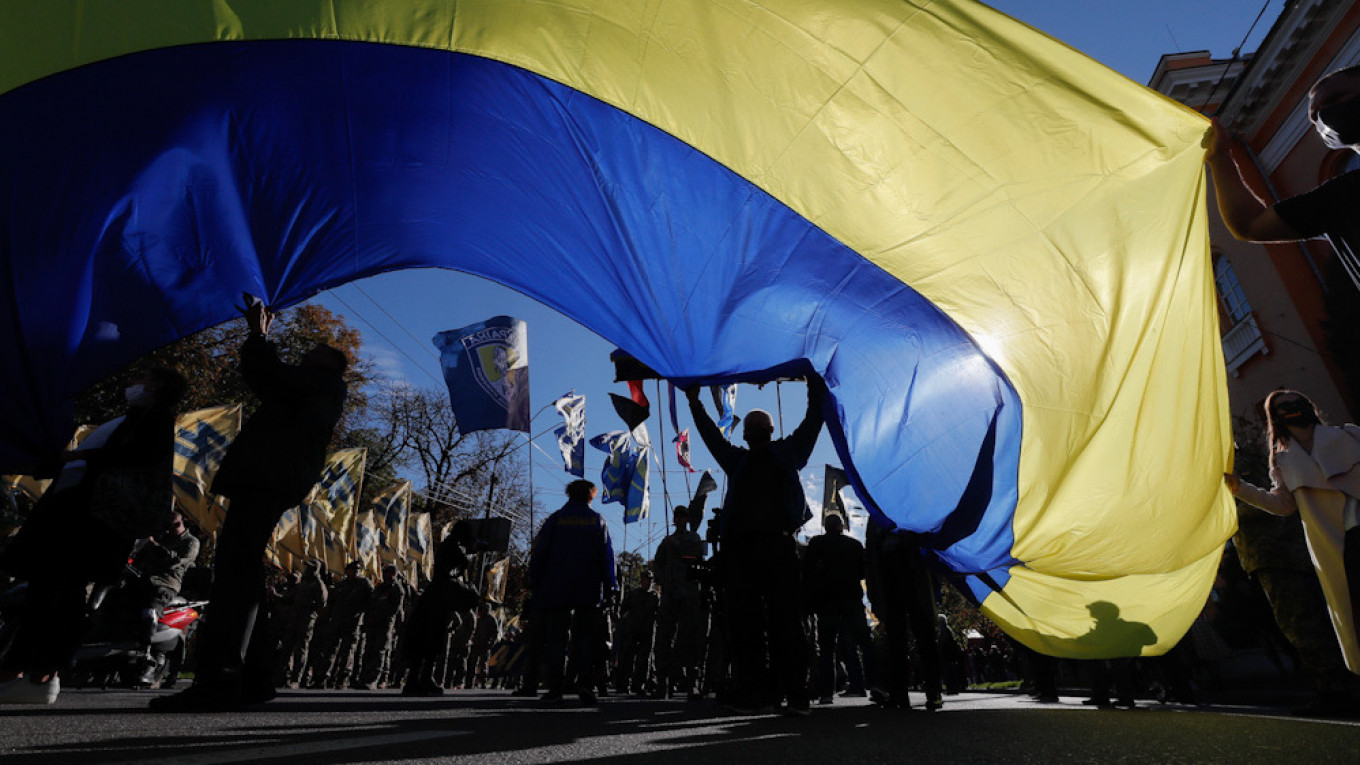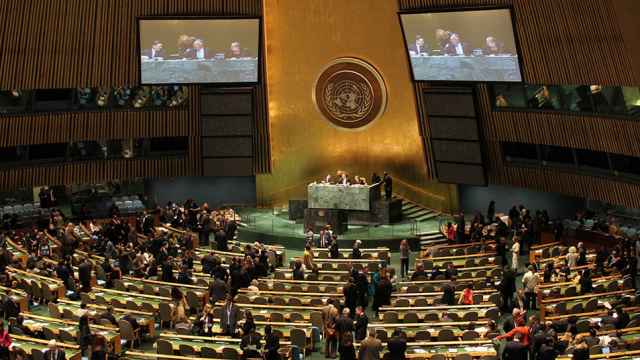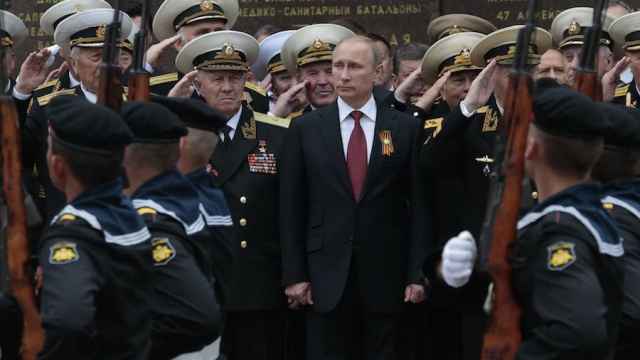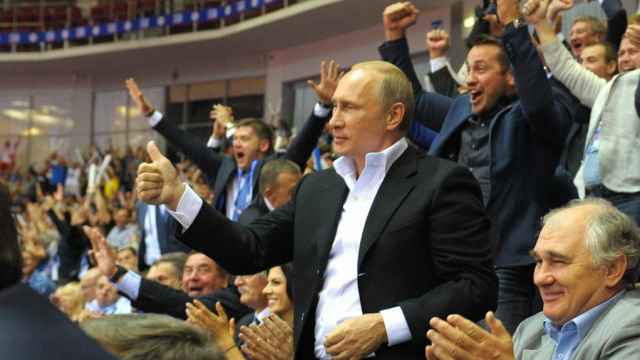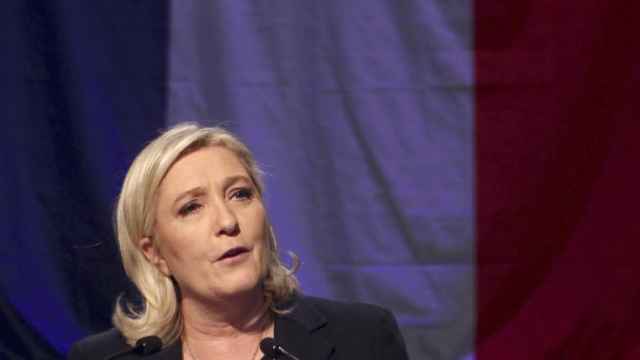A complaint brought by Ukraine against Russia alleging human rights violations in the Crimean peninsula in 2014 is "partly admissible," the European Court of Human Rights said on Thursday.
Ukraine alleges a pattern of violations of the European Convention on Human Rights by Russia in Crimea, which Moscow seized from Ukraine in a move never recognized by the international community.
"The Court identified the scope of the issue before it and held that what was to be decided was whether the alleged pattern of human rights violations by Russia in Crimea during the relevant period, namely between 27 February 2014 and 26 August 2015, was admissible," it said in the ruling.
The ECHR "has, by a majority, declared the application partly admissible. The decision will be followed by a judgement at a later date," it said.
But it also said it was not ruling on whether the annexation of Crimea itself was illegal. Both Ukraine and Russia are members of the Council of Europe, of which the court is a part.
"The Court held that it was not called upon in the case to decide whether Crimea’s admission, under Russian law, into Russia had been lawful from the standpoint of international law," it said.
Ukraine points to the storming of government offices in Crimea by Russian forces in February 2014 among several incidents that it says constitute a pattern of rights abuses.
The court found that Ukraine's account was "coherent and consistent" with evidence to prove that Russian troops had not been "passive bystanders" but had been actively involved in violations.
It said that "all but a few" of Ukraine's complaints were admissible, without elaborating.
Russia's Justice Ministry Thursday reacted to the ECHR statement by declaring that it showed the charges "were not proven," calling Ukraine's claims "groundless."
For his part, Ukraine's Justice Minister Denys Malyuska described the ruling as a "victory."
"We and the Council of Europe are sending a powerful message: Crimea remains one of our priorities. We remember everything and will chase down all those involved," Malyuska wrote on his Facebook page.
Militia forces, who later turned out to be Russian troops, took control of Crimea in a lightning operation in February 2014 with Russia annexing the peninsula the following month.
The move followed the ousting of the pro-Russian president in Kiev by a popular uprising. While the annexation of Crimea was largely bloodless, it was followed by a conflict in the east of Ukraine that has claimed some 13,000 lives.
A Message from The Moscow Times:
Dear readers,
We are facing unprecedented challenges. Russia's Prosecutor General's Office has designated The Moscow Times as an "undesirable" organization, criminalizing our work and putting our staff at risk of prosecution. This follows our earlier unjust labeling as a "foreign agent."
These actions are direct attempts to silence independent journalism in Russia. The authorities claim our work "discredits the decisions of the Russian leadership." We see things differently: we strive to provide accurate, unbiased reporting on Russia.
We, the journalists of The Moscow Times, refuse to be silenced. But to continue our work, we need your help.
Your support, no matter how small, makes a world of difference. If you can, please support us monthly starting from just $2. It's quick to set up, and every contribution makes a significant impact.
By supporting The Moscow Times, you're defending open, independent journalism in the face of repression. Thank you for standing with us.
Remind me later.


